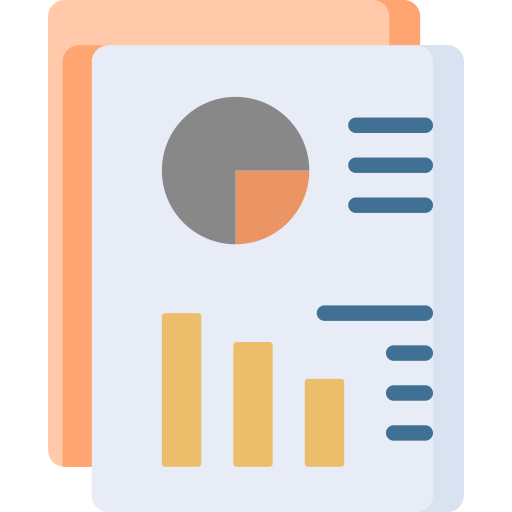Call Now: (+61) 416-195-006
In order to understand the developments occurring in Australia in lieu of the statistics of 2014 and 2015 it is pertinent to understand the former trends relevant to the region. 4 million Australians already have mental and behavioral conditions accounting for 17.5% of the populace. Within this 2.6 million which is 11.2 % of the population has anxiety, whereas 9.3% of the population has disorders like depression. BeyondBlue also illustrates how only 1/3rd of these victims have access to healthcare and betterment opportunitties. Structurally, this work aims to deconstruct the reasons behind the statistics, and the causes and impacts of depression and anxiety on the Australian populace.
Foremostly, the biggest contributor to anxiety and depression across developed countries in the world particularly the US and Australia is the usage of cannabis (van Ours and Williams, 2009). Van Ours and Williams also stress upon the widespread usage of cannabis amongst 12th graders, among whom 32% of Australian 12th graders can be accounted for. It is important to note that depression and anxiety are diseases which are caused in the adolescent years of one's life, and the trend of anxiety and depression has in the span of the past couple of years risen. And this is essentially because of an increase in illicit drug consumption amongst the youth.
According to Patton’s (2002) study which included about 44 different schools in Australia for the purpose of analysing cannabis use and its impacts. Where 60% participants were cannabis users, out of which 7% used it on a daily basis, aged 20, the impact on cannabis was bound to be deleterious as the users set a trend in the society for being anxious and depressed, primarily because of their addiction. There was also an induced form of anxiety and depression that the populace was subject to, with regards to not only the users but also the non-users who had to face peer pressure, and in the face of refusal to engage in drug consumption alienation from the social groups. This change in trend, can hence be directly proportional to the usage of cannabis amongst the youth. The statistics translating into anxiety (17.5%) and (11.2%) as mentioned above.

Chat with our Experts
Want to contact us directly? No Problem. We are always here for you
